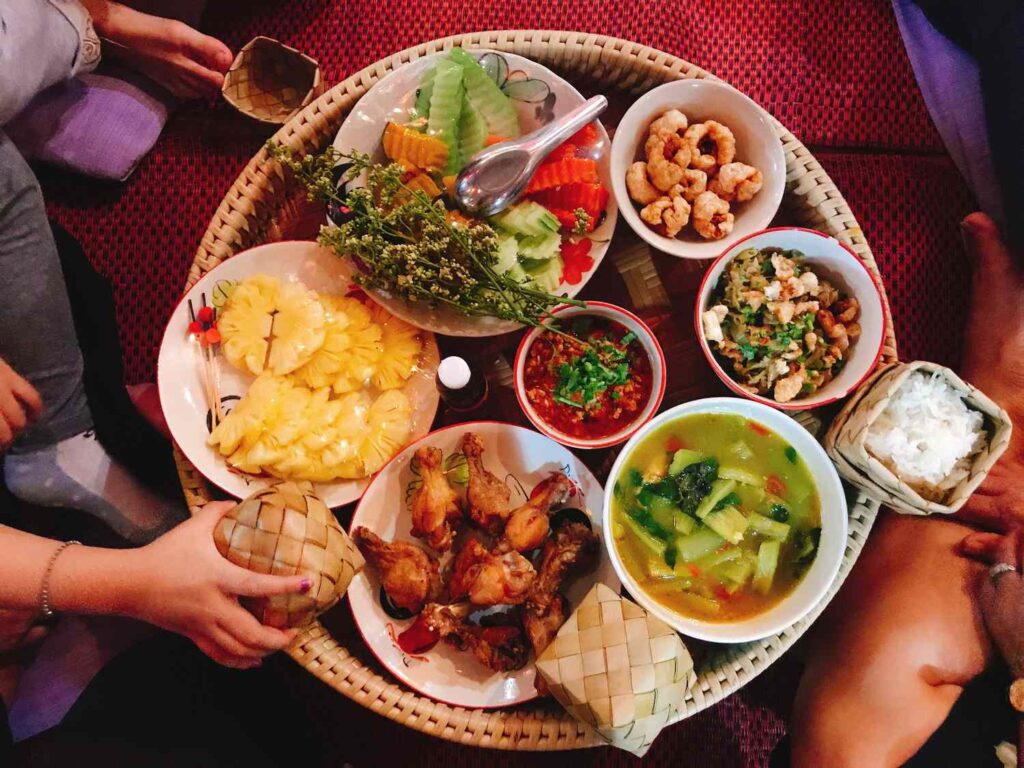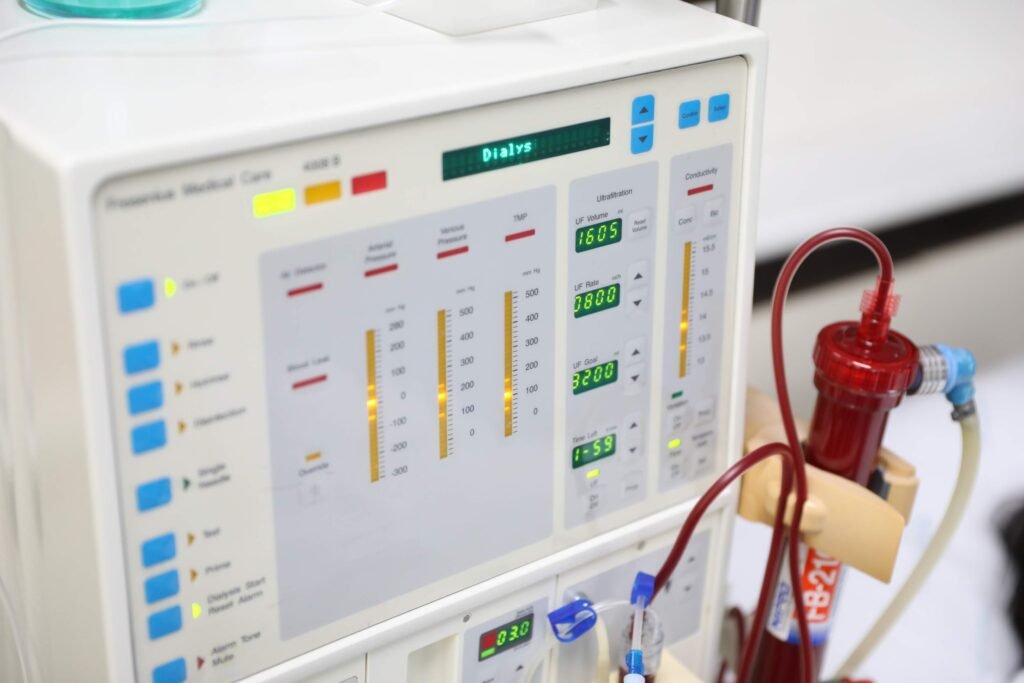High incidence of renal disease blamed on excessive sodium consumption in Thailand. As you tuck into your moo ping you just know its laced with salt as much of Thai cuisine is.
Eight million Thais, or about 17.6% of the population, have chronic kidney disease, with 200,000 of them nearing the end of their lives. According to Professor Dr. Atiporn Ingsathit, deputy director of Ramathibodi Hospital, and citing a 2020 study by the Ministry of Public Health, these numbers are rising by an average of 7,800 per year.
Thailand has the fifth-worst kidney disease rate in the world, according to the US Renal Data System (USRDS). Consuming more sodium than is advised—on average 3,635 mg per day, or roughly two teaspoons—is one of the factors contributing to the disease’s high occurrence. Seasonings including soy sauce, fish sauce, shrimp paste, soup, and seasoning powder all include sodium.

The best strategy to prevent kidney disease, according to Dr. Atiporn, is to adjust your dietary habits and limit your daily sodium intake to under 2,000 mg.
She explained that because kidney illness doesn’t manifest symptoms until it is in its advanced stages, many Thais are unaware that they have the condition. She advised Thais to obtain routine checkups so that the disease can be detected early and appropriately treated.

She gave the example of a 30-year-old patient who went to the doctor and complained of being tired. He was in the fifth stage of the disease, according to the blood test.
According to Dr. Atiporn, when questioned how frequently he urinated throughout the day and whether he got fatigued quickly, the patient claimed he didn’t keep track and believed his lack of sleep and hard work were to blame.
She clarified that kids can have kidney illness starting at birth. Long-term use of kidney-harming medications, diabetes, or high blood pressure can all contribute to the condition in elderly persons.
She added that the state spends between 3 and 4 billion baht annually on the care of renal patients, placing a significant financial strain on patients’ families and negatively impacting their quality of life.
Dialysis is necessary for patients with advanced renal disease at least three times each week, and a session lasts roughly four hours. Dialysis costs between 25,000 and 30,000 baht each month.

Every year, there are about 5,000 individuals waiting for kidney transplants, but only 700 actually get one.




